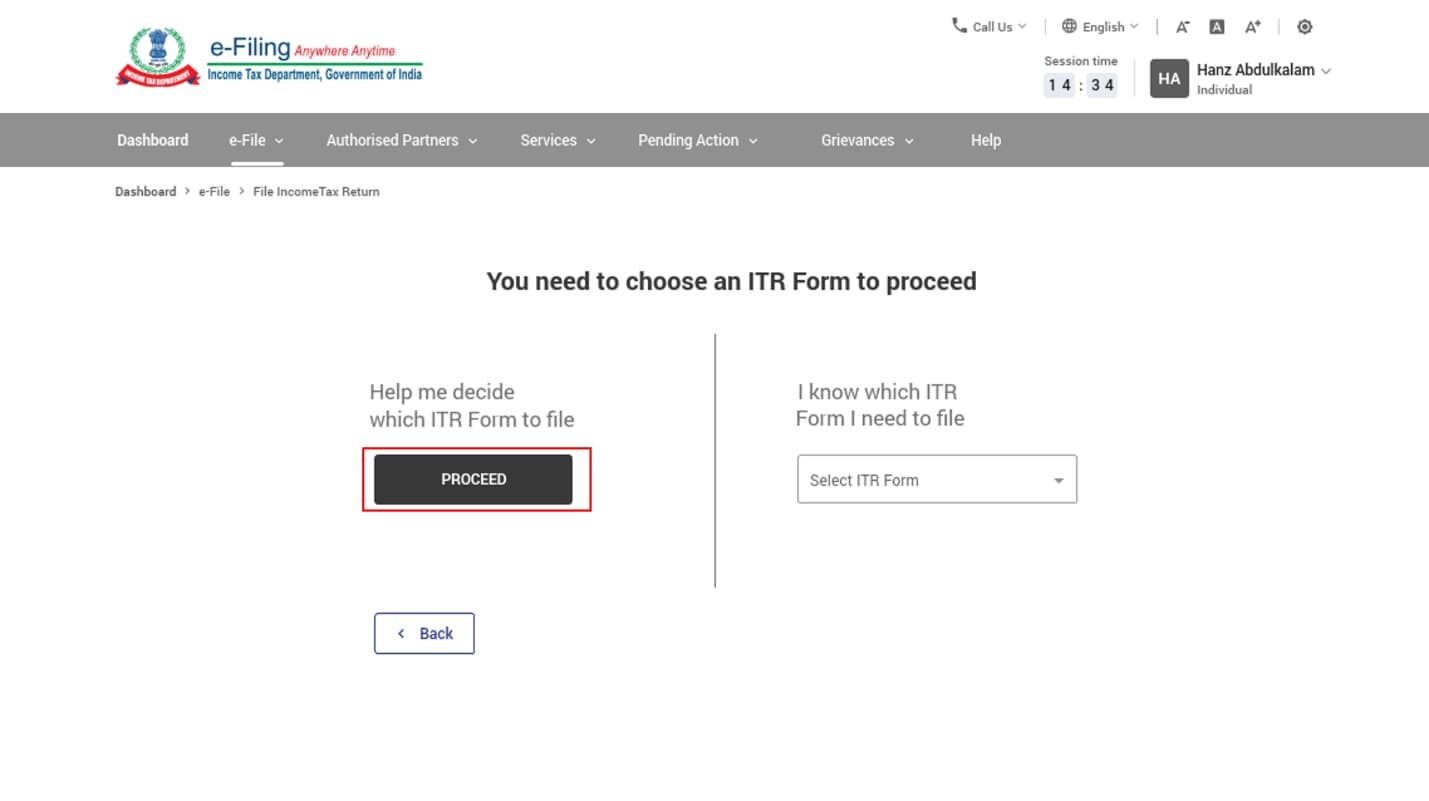
Income tax returns filing: Know which ITR you should file
Wondering which ITR to file this year? Our blog breaks down the complexities of ITR forms, helping you determine the right one for your needs.

As a taxpayer, it's crucial (and even a legal obligation) to stay on top of your tax obligations. The Income Tax Return (ITR) is a vital document that provides the Income Tax Department with information about your income and the taxes you've paid.
Why Does Filing Your Income Tax Return (ITR) Matter?
- ITR filing (required documents) is mandatory if you earned income from or invested in foreign assets during the financial year.
- When applying for a visa or a loan, a filed ITR can be a crucial document.
- Whether your company or firm has made a profit or loss, filing your ITR return is a legal requirement.
- If you've incurred losses from business or profession or under capital gains, you can only carry them forward to the next year if you file your return before the ITR filing last date.
Also Read: How to save tax in new tax regime (2024-25)
Which ITR return should be filed for FY 2023-24 (AY 2024-25)?
ITR 1 or Sahaj
ITR 1 or SahajITR-1, also known as Sahaj, is a simplified Income Tax Return form designed for resident individuals with a total annual income of up to Rs 50 lakh. This form is suitable for those who earn income from a salary, pension, house property, or other sources (excluding specific categories).
Also Read: Section 80D of income tax act: Deductions, eligibility and benefits
ITR-2
ITR-2 is a detailed Income Tax Return form designed for individuals and Hindu Undivided Families (HUFs) with a broader range of income sources.
















